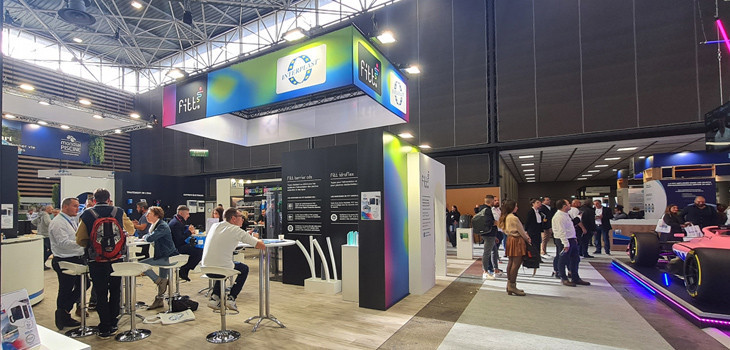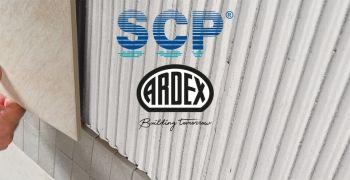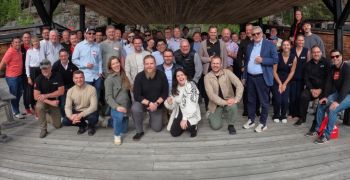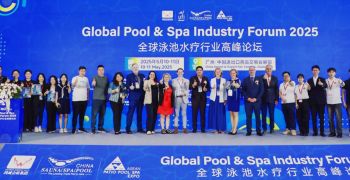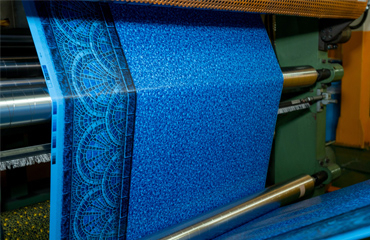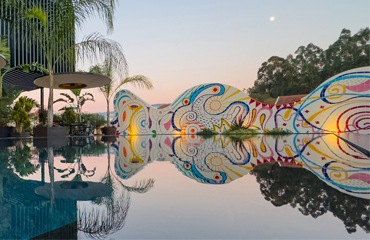During Piscine Global, the largest and most important trade fair dedicated to the swimming pool and wellness sector, which returned live to Lyon from 15 to 18 November, four years after the last edition, the FITT Group and its Monaco subsidiary introduced the latest stage in the transition process of the brand, which will, for all intents and purposes, change from the Interplast-FITT dual brand promoted in 2018 to FITT.
The sustainability strategy to 2030
FITT MC has been active in France for more than 40 years under the Interplast brand and has been part of the FITT Group since 2005. The completion of the brand transition process will allow FITT MC to benefit from the recognisability and uniqueness of the FITT brand worldwide.
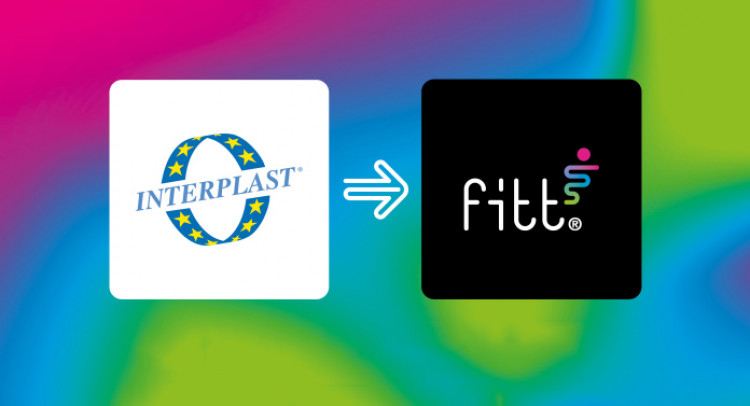
Interplast becomes FITT
Strengthening of FITT Group's presence in the French market
Through its subsidiary FITT MC, the Group will further strengthen its presence in the French market, the number one market for swimming pools in Europe, and the second in the world after the United States. The aim is to generate synergies with strategic and long-standing partners, in order to develop together increasingly high-performance and sustainable swimming pool plumbing systems capable of meeting the needs of installers and end users.
Making this world a better place, for us and for future generations
This is the entrepreneurial vision of Alessandro Mezzalira, CEO of FITT, which is realised by doing business generating economic, environmental and social value.
Decarbonation and development of innovative products
"FITT's responsible commitment is based on three drivers: innovation, transparency and interdependence." Continues Alessandro Mezzalira. "These three drivers are both our DNA, meaning the distinctive characteristics that define the company and make it unique, and the way we implement our sustainability strategy."
At a time when the climate challenge is becoming more and more pressing and all companies are being called upon to address ESG issues, FITT has also embarked on its own sustainability journey, aware that there are no complete and universal solutions.
E, which stands for Environmental, sees FITT engaged on two parallel fronts: energy, with a view to decarbonation, and development of innovative products. For the first, the target is to achieve carbon neutrality (Scope 1-2) for all Italian plants by 2025 and for all group plants by 2030.
For the second, the aim is to reach by 2025 a 10% turnover from innovative products with lower impact, producing 10% less Co2eq than their traditional equivalents.
S, which stands for Social, sees FITT engaged again on two complementary fronts, one internal and one external. The first includes the creation of wellbeing, inclusion and security for the FITT people, while the second concentrates on support of social and environmental initiatives, both local and international, mainly in the fields of health, women, youth and people with special needs, creating partnerships with the stakeholders.
G, which stands for Governance, sees FITT committed to the transformation of its business model, capable of creating social and environmental value.
The first step of this path consisted in FITT becoming a Benefit Company: together with the aim of making a profit, the company also added in its statute the public and official commitment of a positive impact on society and the biosphere, by operating in a responsible, sustainable and transparent manner.
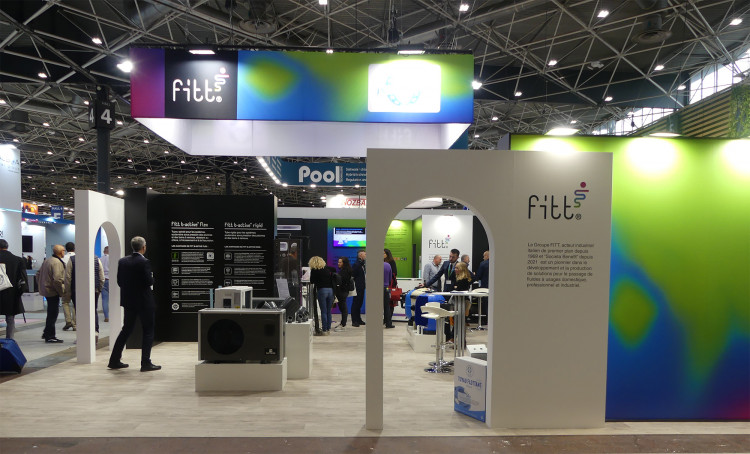
FITT Stand at Piscine Global Europe 2022 - ©EuroSpaPoolNews
7 sustainable development and CSR objectives
Although an Italian family business, FITT is most of all a multinational group with several production sites in Europe and sales offices all over the world.
Hence the need to adopt international references. Therefore, following the 2030 Agenda for Sustainable Development, structured following the 17 goals identified by the UN - the Sustainable Development Goals (SDGs) -, FITT has selected 7 of them for its own strategy:
- 6.Clean water and sanitation;
- 7.Affordable and clean energy;
- 8.Decent work and economic growth;
- 9.Industry, innovation and infrastructure;
- 12.Sustainable production & consumption;
- 13.Climate change;
- 17.Partnership for the Goals.
In terms of production, FITT's responsibility journey goes through four fundamental actions: measure, know, improve and compensate. To improve its impact on the environment, FITT must first measure and understand it.
For this reason, for its leading products it carries out analyses of their life cycles in partnership with Centro Studi Qualità e Ambiente (Centre for Quality and Environmental Studies) - CESQA - of the Industrial Engineering Department of the University of Padua . The Life Cycle Assessment (LCA) is an empirical tool based on the collection and analysis of data that enables the scientific mapping of impacts, the identification of areas for improvement and transparent communication to all stakeholders.
FITT B-Active Flex has also been, first in its field of application, subjected to an LCA in accordance with international standards ISO 14040 and ISO 14044, to analyse the impacts associated with the life cycle of the product itself and to compare the different technological alternatives available on the market. The LCA is the method that FITT uses to understand which raw materials and processes are most critical, ascertain the footprint of its products and monitor itself over time, triggering a virtuous circle of continuous improvement.

